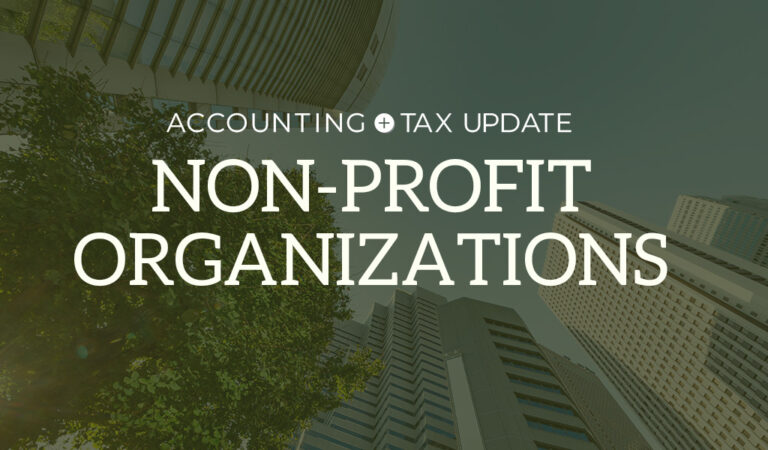If you did, this may apply to you. Whether the property is converted from personal-use to income-producing or from income-producing to personal-use, you are deemed to dispose of the property at fair value at the time of change. Many people aren’t aware of the tax implications when they convert their principal residence to rental property or vice versa. As such, a higher tax bill and late filing penalties could result.
The Tax Implications: Changing your Principal Residence to A Rental Property
What are the tax implications when there is a change in use from a principal residence to a rental property? How can we eliminate or defer the tax that would otherwise arise from the change?
When there is a change in use (you move out and begin earning rent from your home), your principal residence is deemed to be disposed at fair value at the time of the change. There are two options you may choose to report the change based on your personal circumstances.
Option 1
Option 1 is to report the capital gain or loss as a result of the deemed disposition. The capital gain can be sheltered by the principal residence exemption which requires filing of a Form T2091. Under this option, you will have to obtain a valuation of the property as of the date of the change in use and it will be reported as proceeds. This value then becomes the new adjusted cost base of your rental property.
Option 2
Option 2 is to defer recognition of the resulting capital gain by electing under subsection 45(2) of the Income Tax Act. This allows you to elect NOT to have made the change in use. This means, you do not have to report any capital gain as a result of a deemed disposition, and the property can still qualify as your principal residence for up to four more years following the year of the change. In order to satisfy the election, you must tell CRA you have made the election (by sending a letter to CRA), you have to report the net rental income you earn, and you cannot claim capital cost allowance (CCA) on the property.
During those four years, you cannot designate any other property as your principal residence; and you must be a resident or deemed to be a resident of Canada. You may even extend the four year limit indefinitely if the reason for the change in use is that you or your spouse or common-law partner is relocated for employment reasons, your original home is at least 40 kilometers farther than your temporary residence from your, or your spouse’s or common-law partner’s, new place of employment, and you move back into the home prior to selling it.
As noted above, to make the election, it has to be made by the due date of your tax return in the year when change in use happens. Otherwise, a late-filed election maybe subject to a penalty of $100 for each complete month that it is filed late, to a maximum of $8,000.
Tax Implications: Changing your Rental Property to a Principal Residence
What are the tax implications when there is a change in use from a rental property to a principal residence (you move in to your rental property)?
When this change occurs, the rental property is deemed to be disposed of at fair value which may result in a capital gain or loss. When there is a capital gain, the gain cannot be exempted from tax since a rental property is not qualified for the principal residence exemption. However, the capital gain can be deferred until the property is eventually sold by making an election under subsection 45(3) of the Income Tax Act. Note, this election can only be made if you have not claimed CCA on the property in any year that you earned rental income from the property.
When you have decide to change the use of your property, please consult with a member of the Welch Tax Group We are here to help and make the change seamless for you, at least from a tax point of view (moving is never fun).













